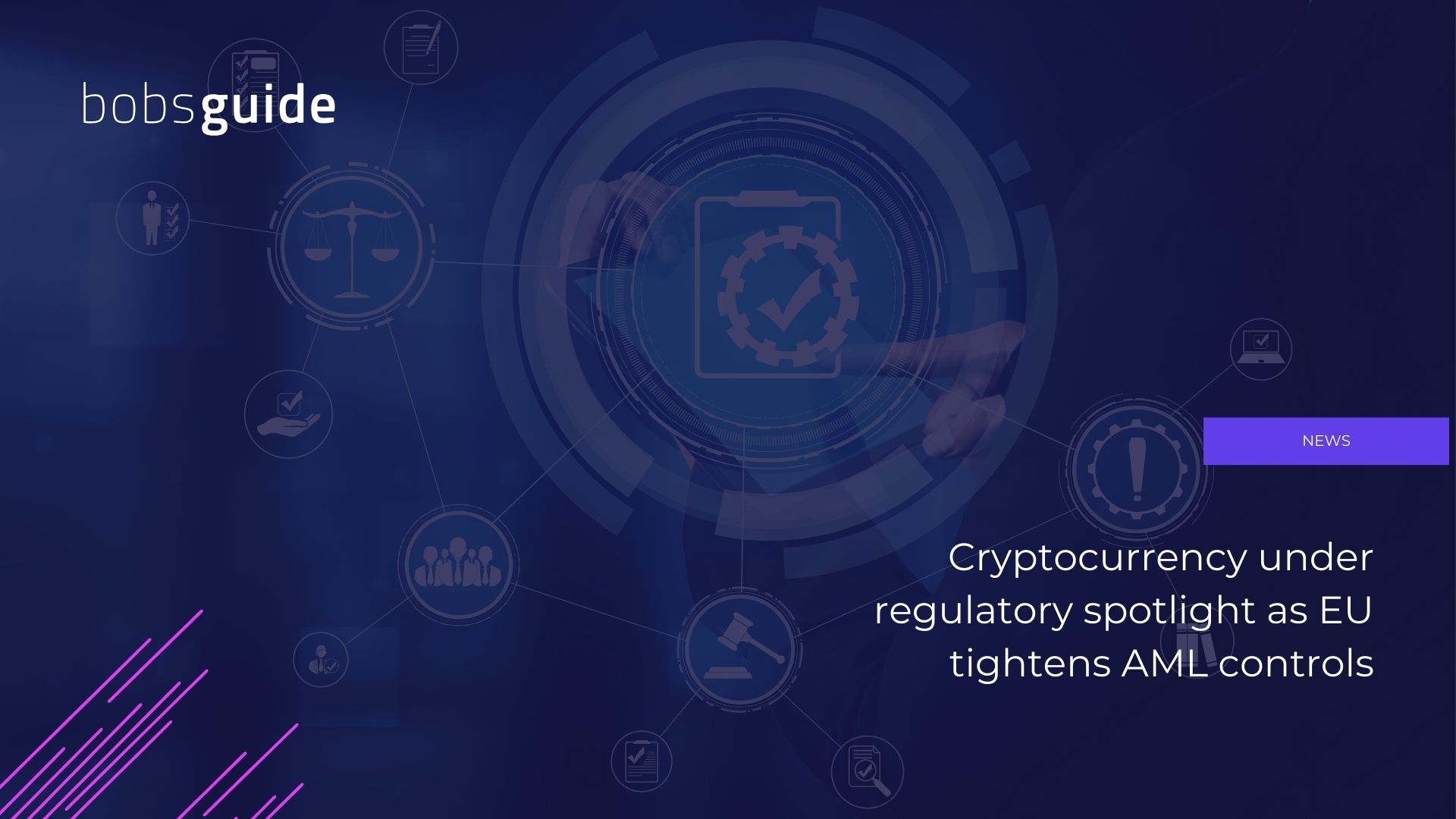Cryptocurrency under regulatory spotlight as EU tightens AML controls
The European Parliament has passed stringent AML regulations affecting the crypto industry, mandating enhanced KYC and AML practices, with oversight by the newly established AMLA.
-
Editorial Team
- May 2, 2024
- 2 minutes

In a significant development, the European Parliament has approved a comprehensive set of regulations aimed at strengthening the Anti-Money Laundering (AML) and counter-terrorism financing framework. This move has profound implications for the cryptocurrency sector, which is now subject to increased due diligence and scrutiny.
To ensure the effective implementation of these measures, the Authority for Anti-Money Laundering and Countering the Financing of Terrorism (AMLA) will be established in Frankfurt. AMLA’s mandate is extensive, overseeing high-risk financial entities, intervening in supervisory failures, and ensuring the enforcement of targeted financial sanctions.
Crackdown on crypto money laundering
The law provides new activities focused on the role of “due diligence measures and identity checks,” it extends to entities that provide services related to crypto assets, such as crypto asset managers, to carry out due diligence measures and identity checks. These entities will also be required to report any suspicious activities to the authorities that could be linked to this type of fraud.
The aspect of the new law, which was approved on April 24th, is expected to have an impact on crypto-asset service providers (CASPs) like the centralised crypto exchanges under MiCA regulation and wide companies and organisations, which among them are digital games services. MiCA is a European Union legal framework representing the security of digital assets and their markets. It is scheduled to come into force in June 2024 and will be enforced fully by the end of the year. The newly created AMLA platform has been entrusted with monitoring and helping apply the instrument.
Implications for crypto companies
From June, crypto firms will be required to implement robust Know Your Customer (KYC) and AML measures within a three-year timeframe. This includes banks, cryptocurrency asset managers, and even top-tier football clubs involved in high-value transactions. The regulations also introduce a cap on cash transactions and enhanced vigilance for high-net-worth individuals.
Ilya Brovin, Chief Growth Officer at Sumsub, commends the EU’s proactive approach, stating: “The EU’s latest AMLR regulations are a welcome response to the advantages that technology is gifting criminals. It takes us a step closer to the safe and transparent crypto industry we all want, which is to be celebrated.”

 Bobsguide is a
Bobsguide is a